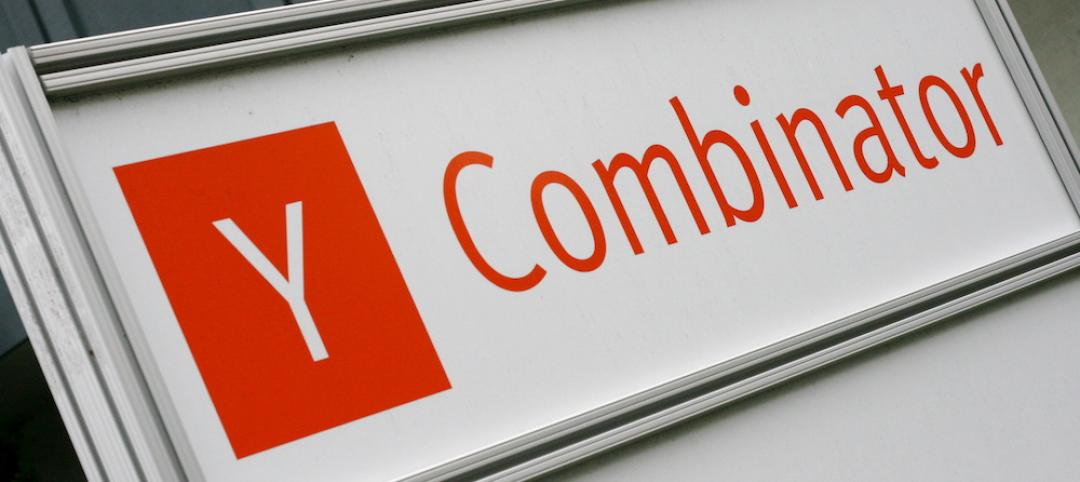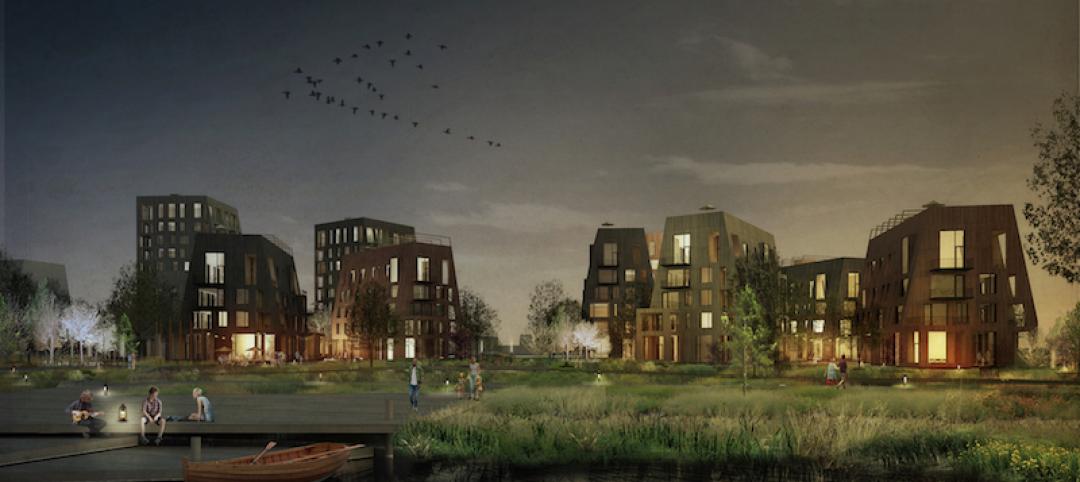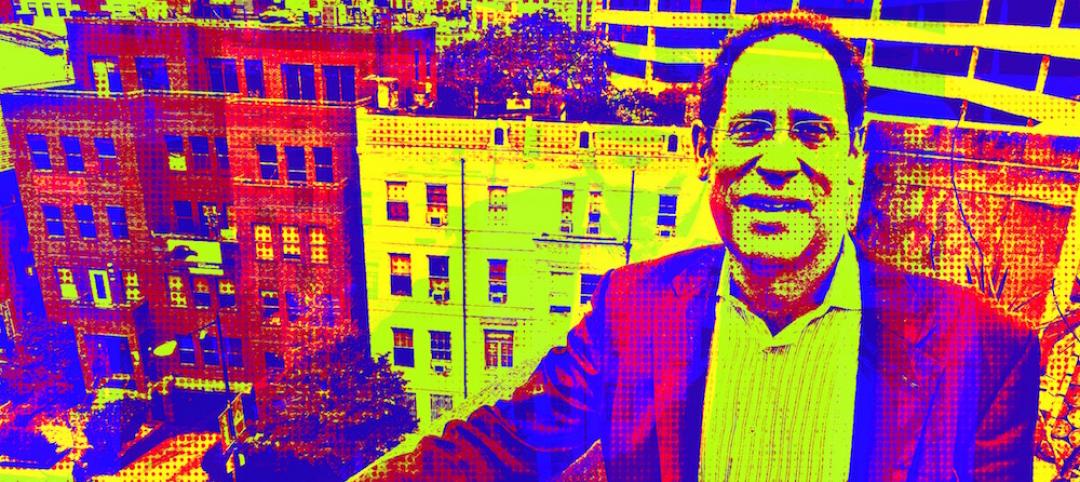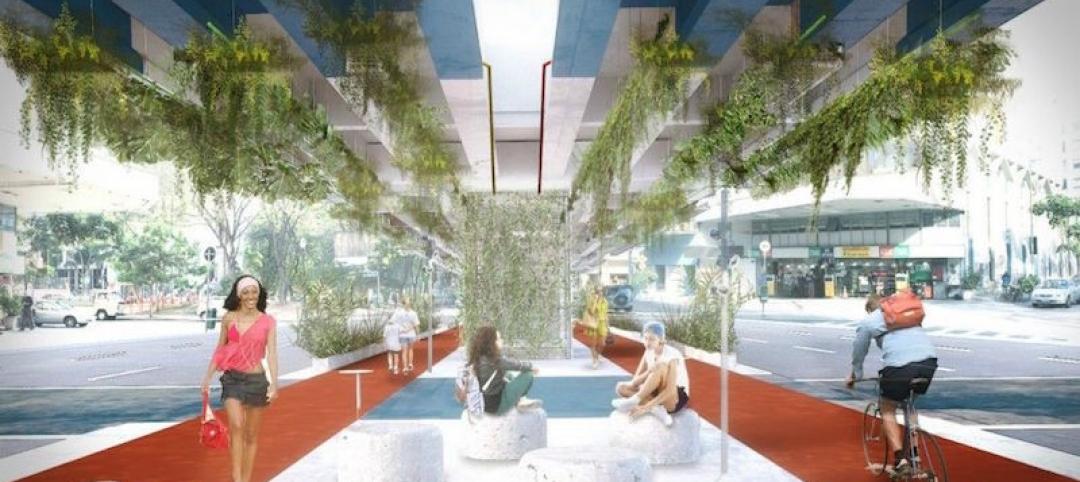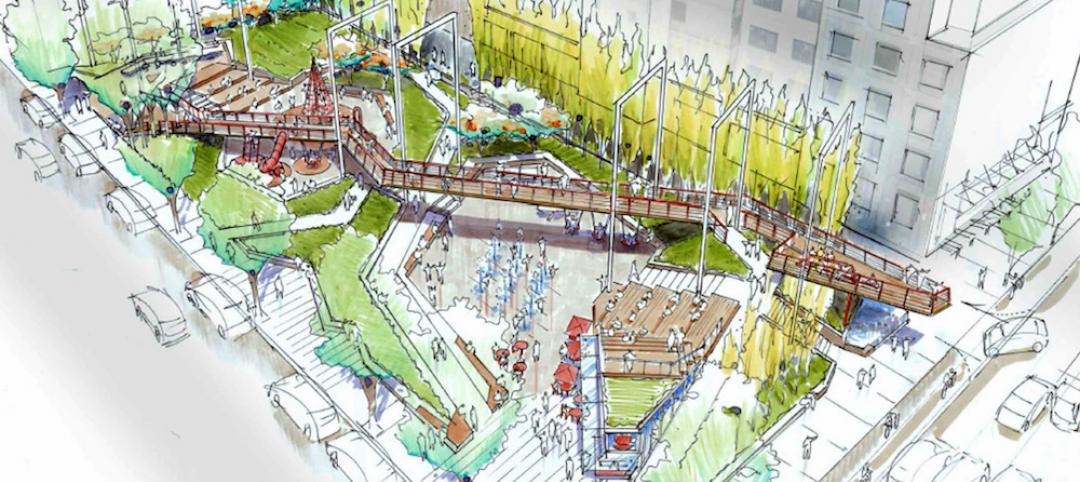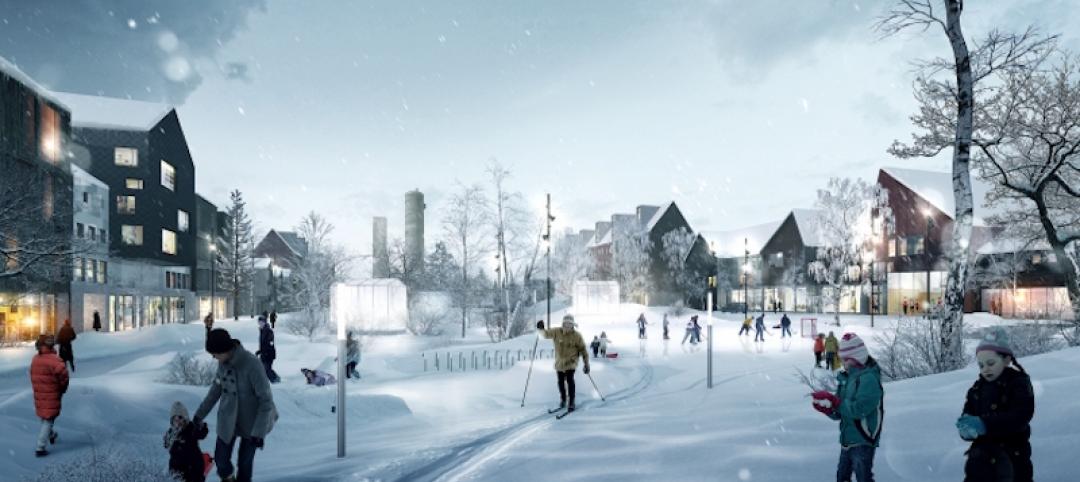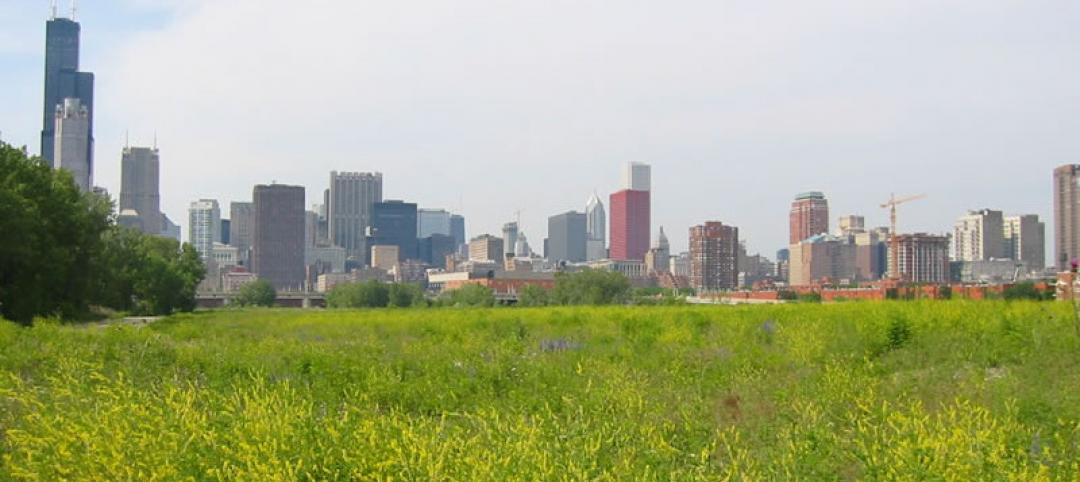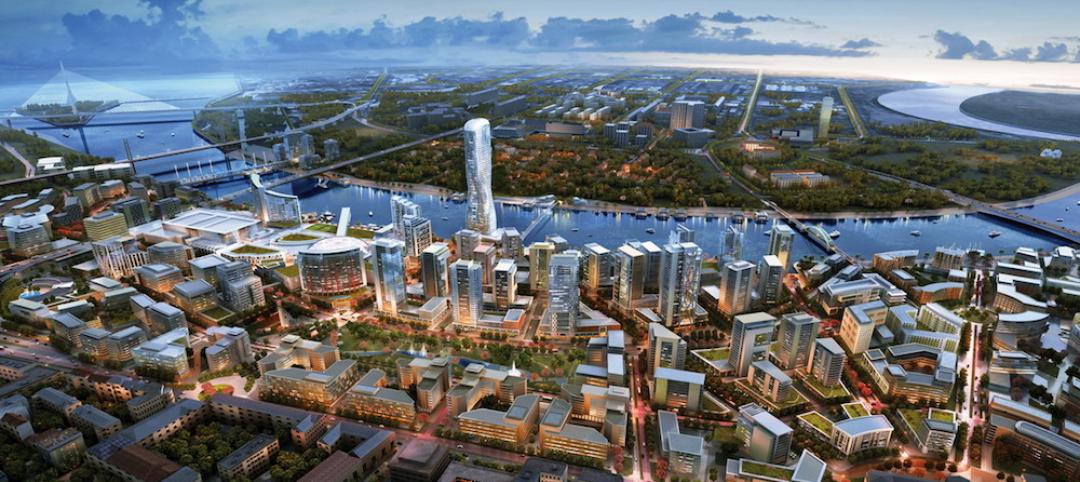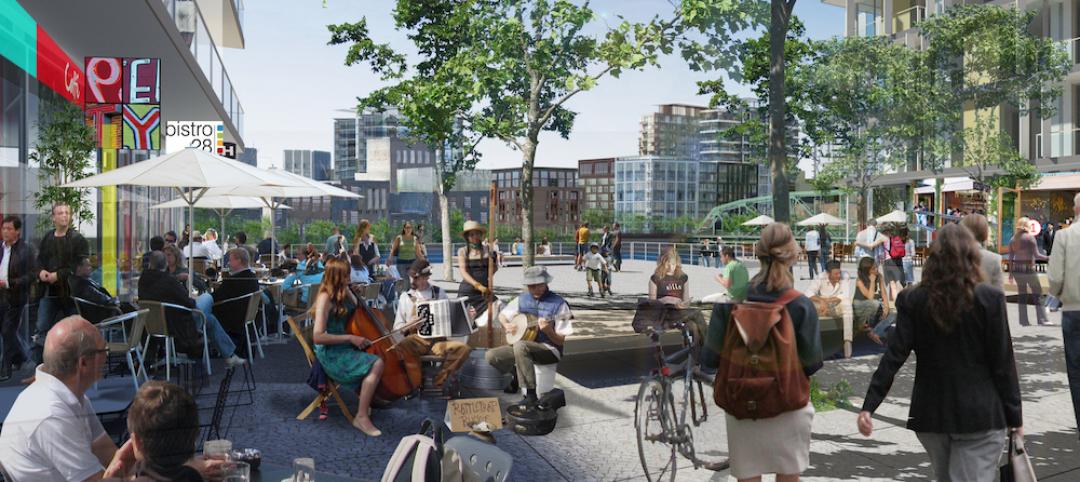On Sundays and for a majority of the summer, the Voie Georges Pompidou closes to cars between the Louvre museum and the Place de la Bastille area, allowing the space to instead be used for pedestrians. However, as Reuters reports, this stretch of highway on the right bank of the river Seine will not be reopening this year, as Paris has plans to permanently transform the area into a riverside park.
The banks of the Seine were designated a UNESCO World Heritage site and, the right bank specifically, runs past some of the city’s major landmarks, such as the Ile de la Cite, Notre Dame and Paris city hall.
The plans to close the highway stem from a goal to reduce pollution caused by motor traffic in the city. The highway was built in the 1960s and brought cars to a place were they never were before, increasing pollution and taking up valuable space that could otherwise be used for pedestrians.
While the goal of reducing pollution is admirable, many people are worried that the move will just increase congestion and pollution in other areas of the city. Some restaurant owners on the right bank worry that closing the highway will negatively affect their businesses, fearing traffic will be forced from the road by the river and up to the streets outside their restaurants, becoming a nuisance for people on the terraces.
Paris’s Deputy Mayor, however, says the city just needs time to adjust to the change and the increased local traffic will be temporary as people find and grow accustomed to new ways to reach their destinations.
The left bank highway has been closed to cars between the Musee d'Orsay and the Eiffel Tower since 2013. The area has become a popular park featuring outdoor cafes and sports facilities. Paris city officials hope closing the right bank to traffic will produce similar results.
Related Stories
Urban Planning | Jul 13, 2016
'Shore to Core' competitions envision future waterfront cities
Design and research teams will use West Palm Beach, Fla., as their model.
Urban Planning | Jul 7, 2016
Y Combinator project would build new city using new technology, urban policies
Zoning, property rights, building codes all could be re-imagined.
Urban Planning | Jun 15, 2016
Swedish ‘Timber Town’ proposal from C.F. Møller provides a unique blend of nature and city
The development acts as a transition area between a traditional urban landscape and parklands.
Movers+Shapers | Jun 10, 2016
URBAN EVANGELIST: Bruce Katz sees America humming again, city by city
Katz, best known as Co-director of the Brookings Institution's Metropolitan Policy program, believes that cities are dynamic networks of like-minded public and private interests that have the potential to generate economic growth.
Urban Planning | Jun 9, 2016
Triptyque Architecture designs air-cleansing hanging highway garden in São Paulo
The garden would filter as much as 20% of CO2 emissions while also providing a place for cultural events and community activities.
Urban Planning | May 31, 2016
Vancouver park board approves final design for urban park
The green space is intended to be a recreation area for a busy part of downtown.
Urban Planning | May 31, 2016
The entire Swedish city of Kiruna is being relocated to prevent it from collapsing into underground iron mines
Kiruna, the northernmost city in Sweden, and its 20,000 residents will be moved two miles to the east by 2040.
Urban Planning | May 23, 2016
Developer acquires 62 acres of vacant land in Chicago
Related Midwest will turn the strip that connects the South Loop to Chinatown into a neighborhood with homes, stores, and offices.
Urban Planning | May 20, 2016
Why people are the most important factor in urban regeneration
What makes large-scale urban regeneration projects successful? CallisonRTKL's Edgar Kiviet explores how cities, particularly those in Eastern Europe, are undergoing a transformation.
Urban Planning | May 16, 2016
5 steps to creating high-performance communities
Perkins+Will's Noah Friedman and Kristen Hall break down the essential ingredients to create a neighborhood that's accessible, comfortable, and vibrant.




